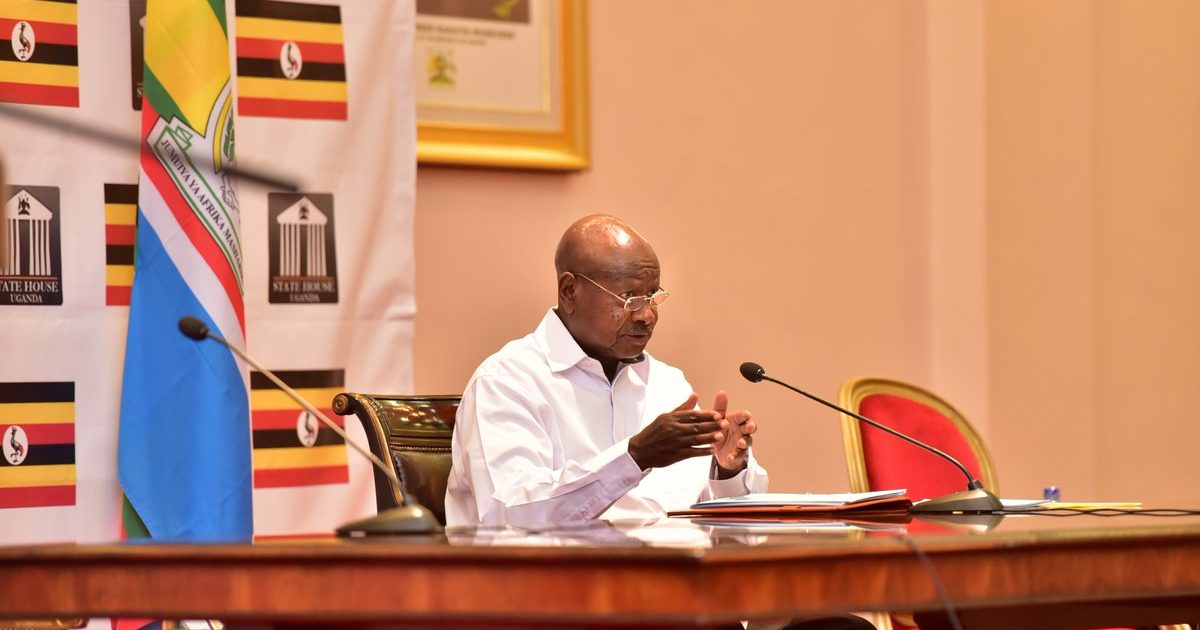President Yoweri Museveni’s assertion that Uganda is ready for economic take-off has come under scrutiny with many pundits suggesting otherwise.
Museveni, while addressing the nation on matters of national importance last Sunday, said Uganda is now ready for take-off.
The President hinged his argument on the fact that Uganda produces more electricity than she consumes, hence exporting the surplus to neighbouring countries, as well pockets of industries in the country.
However, a number of political economists Uganda Radio Network spoke to differ with the President.
Prof Julius Kiiza, a political economist at Makerere University, says whatever economic development paradigm one looks at, including Rostow’s stages of economic development, Uganda cannot be said to be ready for takeoff.
Rostow’s theory, based on modernity perspectives, lists five stages through which a country develops, namely traditional society, preconditions for takeoff, takeoff, drive to maturity and age of mass consumption.
According to Rostow, during the takeoff stage, the manufacturing industry assumes greater importance, although the number of industries remains small.
During the takeoff, stage agriculture assumes lesser importance in relative terms although majority of the people may remain employed in the farming stage.
Also, during the takeoff stage political and social institutions start to develop, while savings and investments grow significantly.
According to Prof Kiiza, on the basis of Rostow’s stages of development alone, Uganda is not anywhere near a takeoff stage.
Prof Kiiza says 32 years after President Museveni assumed power, Uganda is still where it is compared to Far East Asian countries like Malaysia, South Korea and Vietnam of which she was ahead in socio-economic development in the 1960s.
Siraje Nsangi, a political science lecturer at Kampala University, says the president’s claim of an economic takeoff was full of rhetoric but thin on substance.
According to Nsangi, the Ugandan society is increasingly getting divided between the haves and have-nots, the urban and rural, with the majority not participating in economic activities.
Nsangi argues that a big number of Ugandans are not only involved in subsistence agriculture but are sinking deeper and deeper into abject poverty.
Figures from the Uganda Bureau of Statistics put the population of Ugandans engaged in substance agriculture at 68 percent.
According to Nsangi, Uganda’s economy is also too informal for it to propel the country towards takeoff, adding that even the manufacturing sector is too weak to support a takeoff.
On savings and investments, Nsangi says Ugandans, 19 million of whom are in some kind of formal employment, have a poor saving culture, hence a poor investment culture, which are key ingredients for an economic takeoff.
Uganda’s savings to GDP ratio is 13 percent, the lowest in East Africa. According to Rostow, at takeoff stage, the country’s savings should be at least more than 15 percent.
Speaking at a policy event mid this year, former President of the African Development Bank, Richard Kaberuka, said in development discourses in the 1960s, many pundits had singled out Uganda and Ghana for socio-economic takeoff.
Credit: URN





